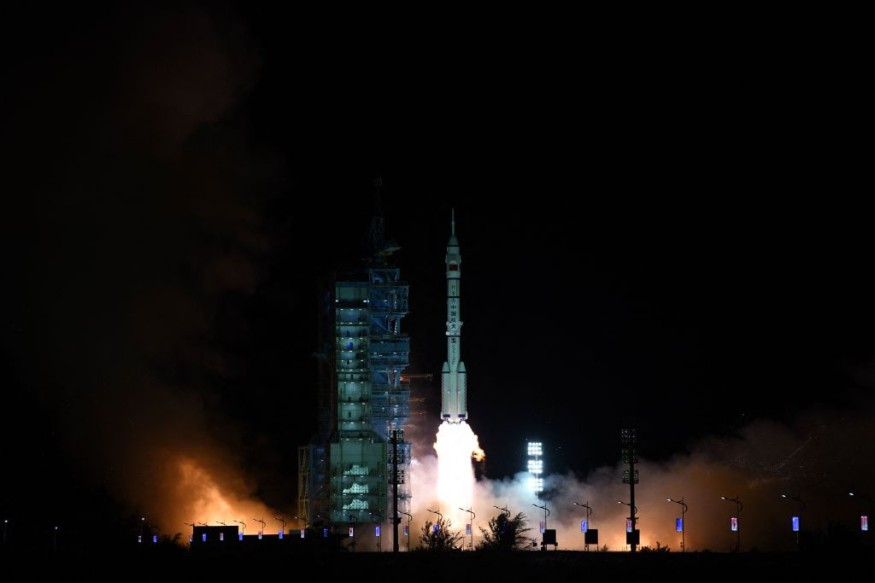
A possibility of extraterrestrial creatures infiltrating is modest, but we are enhancing the possibilities.
Researchers theorize in recent research that the increased need for interplanetary travel increases the likelihood of alien life forms conquering Planet's surface and Earth-based microorganisms infecting other worlds.
Possible Alien Organisms Contaminating The Earth
As per the dissertation, authored on 17th of November in the article BioScience, the scientist's juncture to mankind's documentation of progressing genera to innovative areas on Earth.
Where such creatures can be obtrusive and damage local plants, authors conclude these actions suggest the same may occur with extraterrestrial life by another biosphere tainting Earth and inversely.
The experts claim the danger of interstellar infection is relatively low, in particular since the tough conditions of hyperspace make any hitching creatures unlikely to withstand a journey on the exterior of a manned spaceship.
The inquiry reviewed the Israeli Beresheet spaceflight, which collapsed into the moon in 2019 even though hauling thousands of extremophiles, tiny creatures that can sustain harsh environments, such as the vacuum of space, as proof of intergalactic pollutants.
According to Ricciardi, aerospace companies such as NASA have long been conscious of the risks of contaminates, and planets country's laws have been in place since the 1960s.
Jennifer Wadsworth, an astronomer at Lucerne University of Applied Sciences and Arts in Switzerland stated that meteoroids have always moved particles between celestial bodies, but modern spaceflight might increase pollution.
The experts suggested that biosecurity policies related with space flight be strengthened, with an emphasis on preventive detection of various microbiological pollutants and the development of strategies for a swift reaction to any such sightings.
The authors note that insular environments that emerge in remoteness, like those found on archipelagos or in countries like australia, are extremely vulnerable to exotic species since local species in those areas has not progressed modifications to cope with such intruders. "
The work by Ricciardi and his associates calls for increased collaboration research between scientists looking for alien life and incursion biologists examining unwanted organisms on Earth.
The innovative article offers a concise overview of the ongoing need for rigid and ahead celestial safeguards, said Wadsworth.
Space Exploration May Result To More Alien Organism
Nevertheless, a modern concept of human spaceflight target specific areas most commonly involving life poses extraordinary risks.
Anthony Ricciardi, main investigator and professor of invasion biology at McGill University in Montreal remarked, "The quest for life outside our universe is an intriguing endeavor that might produce a massive finding in near future."
"This includes the rise of personal human spaceflight corporates like SpaceX which are creating space extra attainable; however, in the face of growing space, it is critical to reduce the risks of microbial pathogens in both ways."
Humanity have harmed environments all across the globe by permitting species to infiltrate new places that they would never have reached on their own.
Regrettably, perceived as a negative implication that introduced species have had on Earth, we should always be wary of interstellar fecal contamination, explained by Ricciardi.
As shown in a 2021 research released in the book Astrobiology, the animals would not have escaped unscathed of the lunar fall, but the occurrence indicates the possibility for ecological leaks.
© 2025 NatureWorldNews.com All rights reserved. Do not reproduce without permission.





